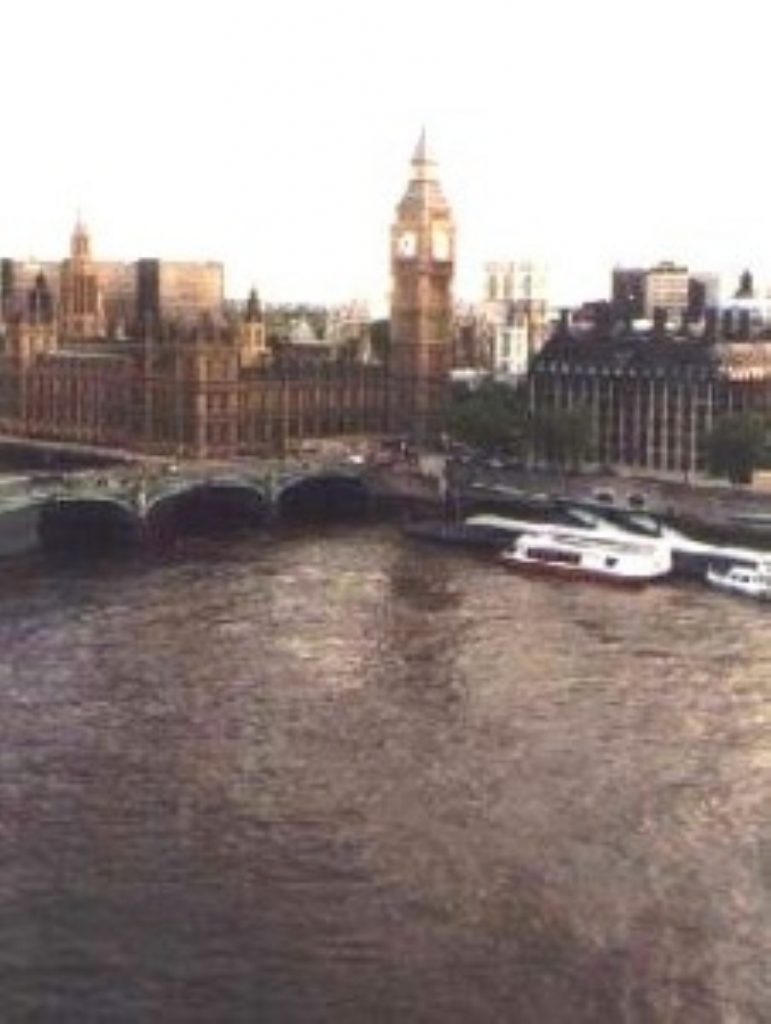MPs code of conduct to be reviewed
The Code of Conduct covering the actions of MPs inside, and outside, of the Commons is to be reviewed.
The Code was first introduced in 1995 with the aim of overcoming “problems of principle and practice over the separation of public and private interests, which damage the standing of Parliament” and designed to restore the public’s confidence in the integrity of the House after a number of Parliamentary scandals, including the “cash for questions” affair.
It was drawn up after recommendations from the Committee for Standards in Public Life, which also oversaw the establishment of the register of members’ interests.
It lays three core duties on MPs, of bearing true allegiance to the Queen, upholding the law and acting in accordance with public trust, and acting in the interests of the nation and their constituents.


MPs are also required to conduct their affairs according to the seven principles of “selflessness, integrity, objectivity, accountability, openness, honesty and leadership”.
There are also eight other principles giving guidelines on possible conflicts between public and private affairs. It is explicit that any conflict between public and private interest should be resolved “in favour of the public interest”, MPs should not accept any bribe or reward in conjunction with their work in the House, and that any confidential information gained as a result of their duties must not be used for financial gain.
Any complaint of breach of the Code is investigated by the Parliamentary Commissioner for Standards, with by far the most common complaint relating to financial misdemeanours or misuse of expenses. For example in 2003, Michael Trend MP was suspended for two weeks after he wrongly claimed more than £90,000 in expenses.
Announcing the review, the Parliamentary Commissioner for Standards, Sir Philip Mawer, said: “After eight years experience of the existing Code, it is timely to consider whether it can be improved as a statement of the House’s expectations of its Members and a key part of the arrangements for assuring the public that high standards of conduct in Parliament are being maintained.”
Sir Phillip called for contributions from a wide range of contributors, both inside and outside Parliament.
Topics to be considered, as outlined in the consultation paper, include whether the current definition of the Code’s scope and purpose are right, and whether the content of the Code should be amended or restated.
Proposals for any revision of the Code will be put to the Committee of Standards and Privileges, then through them recommendations to the House “with the aim of securing the House’s agreement to these in time for the revised Code to come into effect at the beginning of the next Parliament.”
The deadline for responses to be submitted is 16th October 2004.

